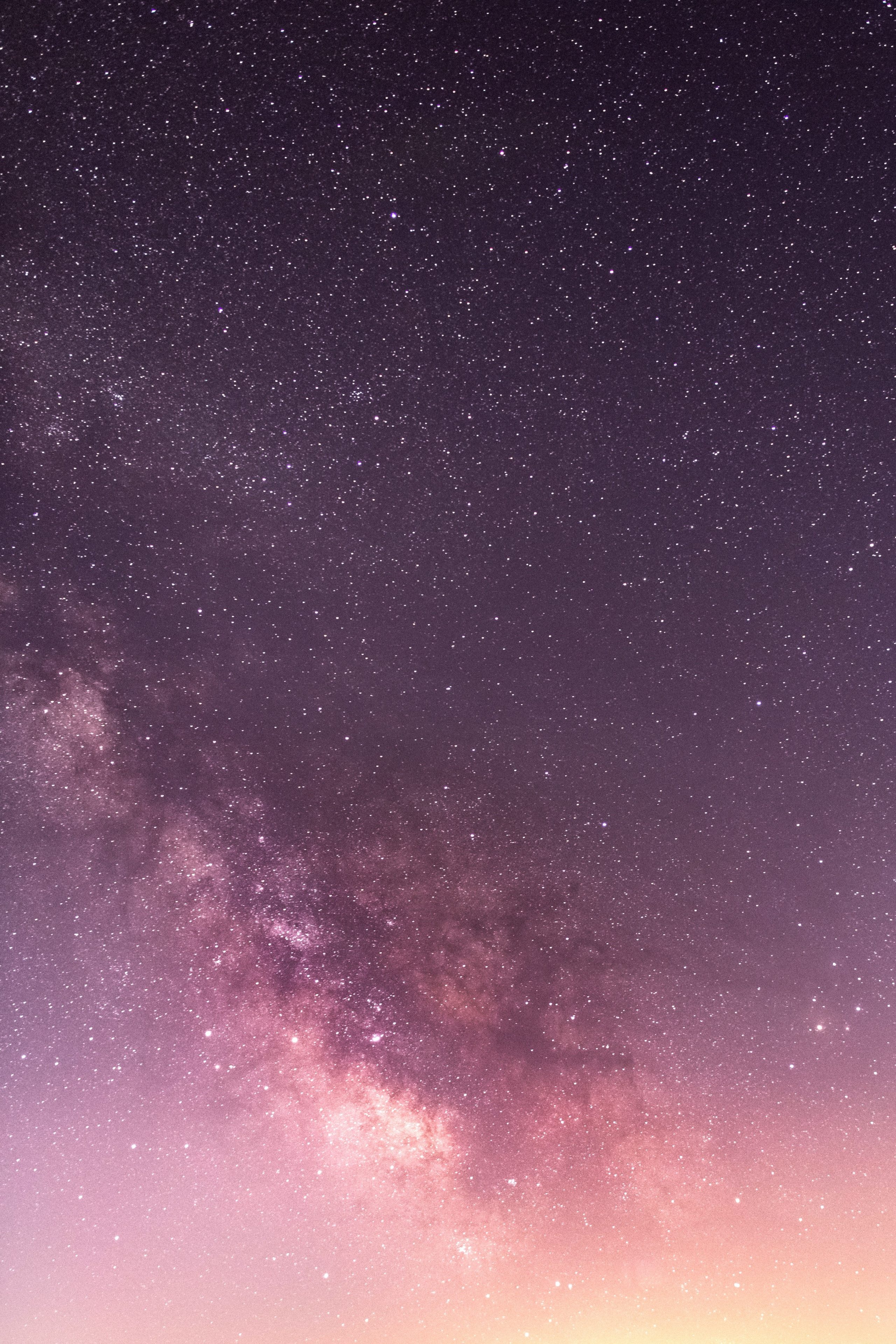
Book Review
Race and the Cosmos: An Invitation to View the World Differently by Barbara Holmes
Byron McMillan (’19)
There is nothing more difficult to take in hand, more perilous to conduct, or more uncertain in its success, than to take the lead in the introduction of a new order of things. —Machiavelli
Race and the Cosmos: An Invitation to View the World Differently by Barbara A. Holmes introduces us to a new order of things by answering the question that most people who have committed their lives to social justice and racial reconciliation have been afraid to ask: Can we overcome racism and become the Beloved Community that Martin Luther King, Jr., helped us envision?
Like many, I began to think the old order of things would never perish. The complexity of the problems is too great and our will to confront racism is too little. However, this book, written sixteen years ago, offers prophetic hope that we can overcome racism through broadening our worldview and creating new language that propels us to construct a new world where everyone belongs. This language will come from physics and cosmology, disciplines revealing a unified, connected universe held together by something akin to love.
Changing the language we have used to construct systems of oppression and domination over people—because of race, gender, class, and many other things—can free us to create new language and construct a new world. Holmes states, “We use language not so much to convey factual information as to construct worlds.” Throughout the book, she makes the re-construction of our world as “a community called beloved” seem possible.
This is a powerful and transformational book that expands and grows in density and importance as you read it. Holmes has introduced us to a new order of things, where racism is overcome, just not utilizing traditional paradigms. The way ahead is to embrace revelations and potentialities from quantum physics and cosmology and synthesize them with the disciplines we have used to create our current dissatisfying world. Infusing theology, law, sociology, psychology, and economics with the unifying and connecting principles discovered in physics and cosmology may usher in that new order. The old order’s human construct of race and its child, racism, will be overcome when we look to the stars and realize through the metaphors, symbols, and analogies of physics and cosmology that everything in the universe is connected and interdependent upon everything else. When we create human systems that are out of sync with the realities of the universe, they will fail.
There is profound significance to this brilliant piece of work which brings forth great distress and angst in my soul. If we begin this transcendent journey it will cause great disruption and profound change. As Machiavelli noted, this is difficult and perilous work with no guarantee of success. It’s the kind of work that gets people hung on crosses and ostracized by powerful institutions, like government and church. Holmes eloquently states that the world isn’t as it seems and we need to change the way we view and talk about it, even if it changes our views on the divine and everything we’ve held sacred. Sixteen years after she wrote Race and the Cosmos, time has proven wildly prophetic.
Enlightenment begins with disillusionment, with seeing things as they really are, admitting that they are not working and then charting a new course. There is much to be disillusioned about the systems that are running our world and creating such division and separation. These concepts are a few that she unpacks: the idea of winners and losers, white supremacy and the cult of whiteness, the failure of Liberation Theology, our persistent equation of light with good and dark with evil, the acceptance of reason/logic and western scientific methods as superior to intuitive indigenous practices for obtaining knowledge.
This is a book about so much more than race. It’s about being human and using our powers to create a world where all things work together for good. It is for all humans who have heard the call to justice and need inspiration for the journey. Holmes ends the book:
Our desire for justice is deeply rooted in systems that are holistic and relational. We have not forced, created, or dreamed this shared destiny; it seems to be the way of the universe.
A new order is possible, and we’re being shown the way.

